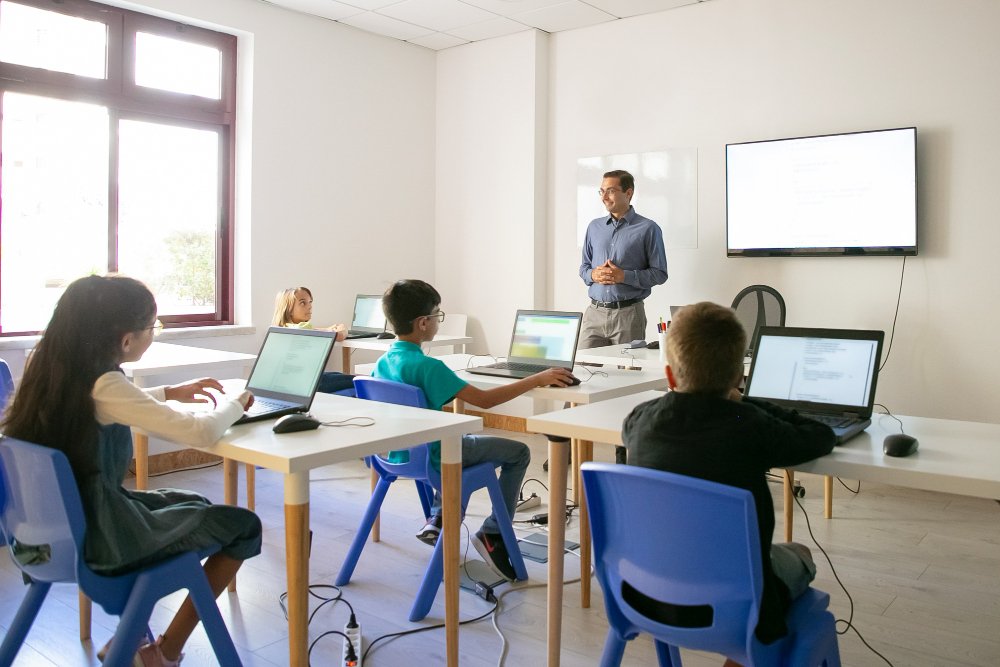
Introduction
Early Childhood Care and Education (ECCE) lays the foundation for lifelong learning, social integration, and personal development. The formative years of childhood, from birth to eight, significantly shape future success. Inclusive classrooms ensure all children, regardless of their abilities, backgrounds, or learning styles, have access to a quality education. Inclusivity in early childhood classrooms creates a nurturing environment where all learners can thrive.
Inclusive classrooms are more than just physical integration; they create a learning environment that supports diverse needs. Inclusive ECCE ensures every child feels valued and can succeed. Teachers can use various strategies to support children with diverse needs. This blog explores the importance of inclusion for every child’s future. Consider enrolling in the Best ECCEd Teacher Training Institute in Mumbai to learn more about creating inclusive classrooms.
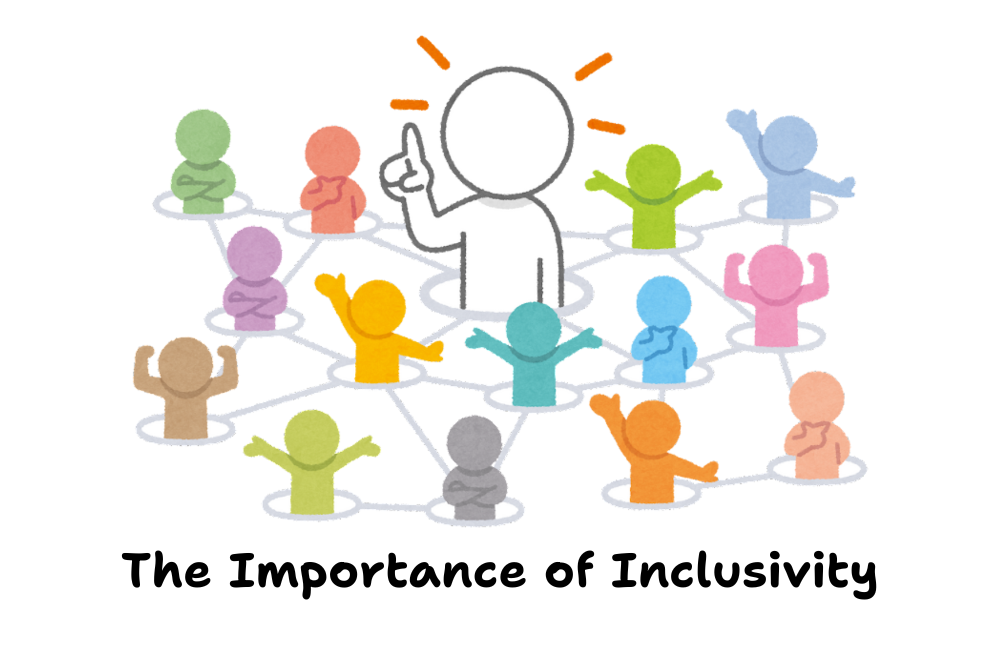
The Importance of Inclusivity in Early Childhood Classrooms
Inclusivity refers to a teaching environment that acknowledges, embraces, and caters to the diverse needs of all learners. In an inclusive ECCE classroom, children of varying abilities, cultural backgrounds, and learning styles are encouraged to interact, collaborate, and grow together. The benefits of inclusivity extend beyond academics, fostering social, emotional, and cognitive development in children.
When inclusivity is practiced in early childhood education, children learn to appreciate diversity from a young age. This exposure builds empathy, tolerance, and respect for others, contributing to a more cohesive and understanding society. Moreover, inclusive classrooms help prevent social isolation and learning disabilities by providing early interventions and differentiated support for each learner.
Inclusive practices benefit teachers and students. Levelup’s Teacher training institutes like the Best ECCEd Teacher Training Institute in Mumbai Borivali and Best Jolly Phonics Teacher Training Institute in Mumbai Borivali equip educators with the skills to create inclusive classrooms. These institutes emphasize the importance of inclusivity and provide practical tools to foster inclusive learning environments.
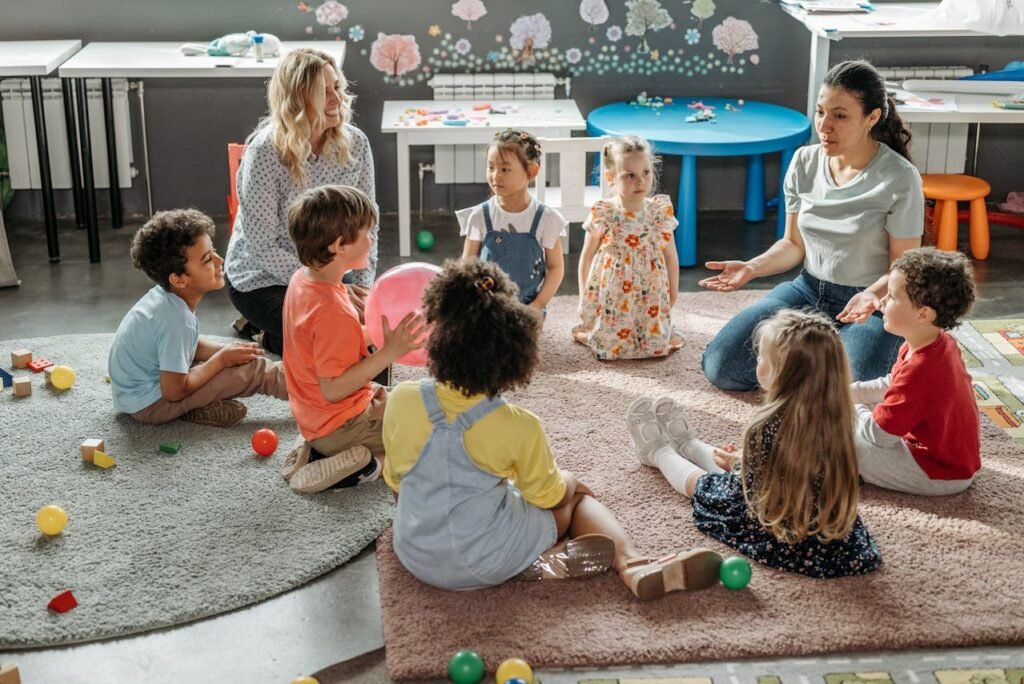
Practical Strategies for Supporting Children with Diverse Needs
Creating inclusive classrooms requires thoughtful planning and a variety of strategies to address the unique needs of each learner. Below are some practical approaches that educators can use to support children with diverse needs in ECCE classrooms.
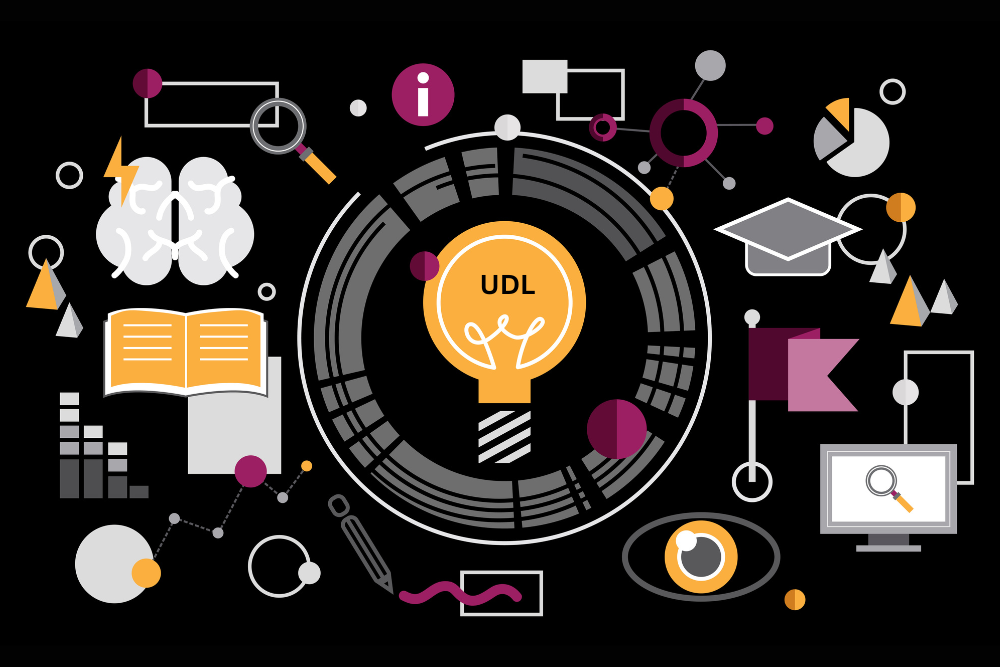
Universal Design for Learning (UDL)
Universal Design for Learning (UDL) is a teaching approach that aims to provide multiple means of engagement, representation, and expression, ensuring that all learners can access and engage with the curriculum. In ECCE, UDL can be applied by offering different ways for children to interact with the material, whether through visual aids, hands-on activities, or auditory cues. For example, while teaching the alphabet, educators can use phonics-based games, storytelling, and visual flashcards to cater to different learning styles.
Institutes like the Best Jolly Grammar Teacher Training Institute in Mumbai Borivali train educators to apply UDL principles effectively, ensuring that all children are given equal opportunities to learn.
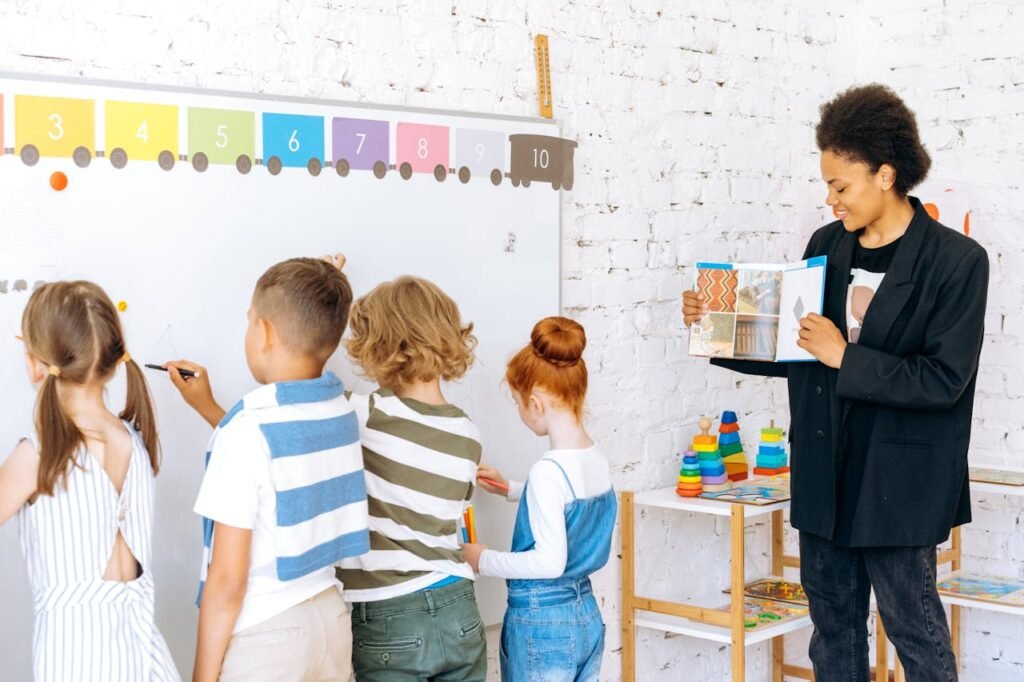
Differentiated Instruction
Differentiated instruction is a strategy that adjusts the teaching approach to meet the individual learning needs of children. It recognizes that children learn in different ways and at varying paces. In an ECCE classroom, differentiated instruction can use learning stations to cater to different learning styles. For example, a math lesson might include hands-on materials, visuals, and storytelling.
The Best ECCEd Teacher Training Institute in Mumbai Borivali emphasizes the importance of differentiated instruction, providing teachers with methods to cater to the individual needs of each child, thereby promoting inclusive learning.

Assistive Technology
Assistive technology plays a crucial role in supporting children with diverse learning needs. In ECCE, assistive technology can help children with language delays or communication challenges. These tools help level the playing field, ensuring that all children can participate fully in classroom activities.
The Best Teacher Training Institute in Mumbai Borivali offers specialized training in incorporating assistive technology into the classroom, helping educators integrate these tools to enhance learning outcomes for all students.

Positive Behavioral Interventions and Supports (PBIS)
Positive Behavioral Interventions and Supports (PBIS) is an evidence-based framework that promotes positive behavior in the classroom. In an inclusive ECCE environment, PBIS is essential for addressing the varying behavioral needs of children. By focusing on proactive strategies and reinforcing positive behaviors, PBIS helps create a supportive classroom atmosphere that benefits all learners.
Implementing PBIS may involve setting clear expectations, providing positive feedback, and using visual cues to help children understand behavioral norms. For example, educators can use picture charts to remind children of classroom rules and reward systems to motivate positive behavior. The Best Jolly Grammar Teacher Training Institute in Mumbai Borivali offers training on PBIS strategies, equipping teachers to create inclusive, behaviorally supportive classrooms.

Why It Matters: Inclusive Education Ensures That Every Child Has the Opportunity to Succeed
Inclusive education ensures all children can succeed, regardless of their background or abilities. Children in inclusive classrooms develop critical social and emotional skills, such as empathy, cooperation, and conflict resolution. These skills are essential for lifelong success, not just in school but in future workplaces and social settings.
The long-term benefits of inclusive education are profound. Inclusive classrooms help children develop positive attitudes toward diversity, problem-solving skills, resilience, and collaboration—essential for the 21st century.
Unfortunately, some misconceptions about inclusive education persist. One common misconception is that inclusive classrooms lower the overall quality of education. In reality, inclusive education benefits all students, as it encourages more creative and flexible teaching approaches, improving learning outcomes for everyone. Teacher training institutes like the Best ECCEd Teacher Training Institute in Mumbai Borivali and the Best Jolly Phonics Teacher Training Institute in Mumbai Borivali actively work to dispel these myths by promoting the benefits of inclusivity in ECCE.

Conclusion
Creating inclusive classrooms in ECCE is essential for supporting all learners, regardless of their diverse needs. Inclusive practices foster child development. Strategies like UDL, differentiated instruction, assistive technology, and PBIS support all children.
By embracing inclusivity, educators can ensure that every child has the opportunity to succeed. The Best Teacher Training Institute in Mumbai Borivali and its specialized programs for ECCE, Jolly Grammar, and Jolly Phonics provide educators with the tools and strategies needed to create inclusive, supportive learning environments. As educators, it is our responsibility to implement these strategies, ensuring that all children feel valued, supported, and empowered to achieve their full potential.


